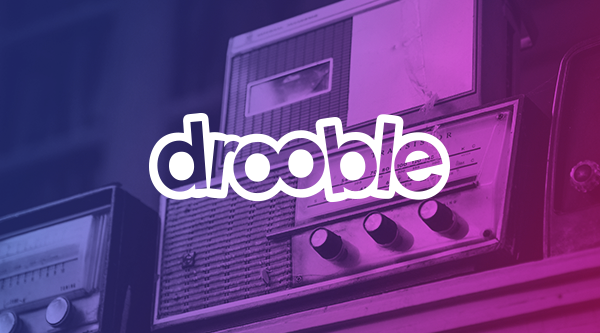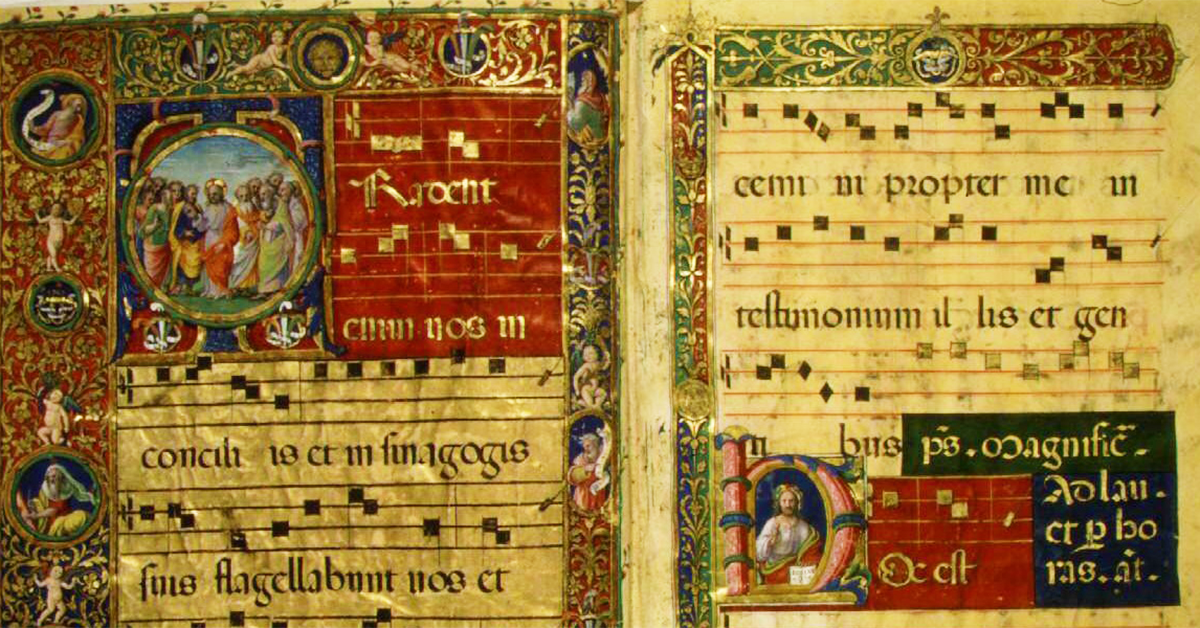8mm melodies: The Quentin Tarantino score
Winter is coming, as the young ones like to say, and with it – a plethora of cinematic premiers that are hoping to engage our minds and satisfy our thirst for adventure. One such movie, set to come out on Christmas day, is “The Hateful Eight” – the 8th movie by renowned director and screenwriter Quentin Tarantino. Inspired by the anticipation of this upcoming movie premier, we are eager to look back on one of Tarantino’s greatest allies in his cinematic storytelling – music.
Tarantino’s use of songs and melodies within his films has become notorious, which is why fans and critics are buzzing with excitement over the tracklisting for the “The Hateful Eight” soundtrack, which is hinting at what the movie will entail.
Tarantino has always fascinated with his approach to incorporating music within his films, not afraid to mix modern rap hits with famous classics to get the emotion and subtext he is looking for, as the “Django Unchained” soundtrack clearly highlights. Everyone who has ever seen a Tarantino movie can attest to the power that the score has in bringing yet another nuance to the story. As the filmmaker himself notes: “One of the things I do when I am starting a movie, when I’m writing a movie or when I have an idea for a film is, I go through my record collection and just start playing songs, trying to find the personality of the movie, find the spirit of the movie. Then, ‘boom,’ eventually I’ll hit one, two or three songs, or one song in particular, ‘Oh, this will be a great opening credit song”
The presence of each carefully selected song within Tarantino’s movies makes them seem like a crucial part of the plot, another actor in the cast. A melodic storyteller that perfectly compliments the scene and allows the viewer to hear a part of the story that cannot be seen. One great example is the battle between Beatrix and O-Ren in “KIll Bill Vol 1” where Santa Esmeralda’s “Don’t Let me Be Misunderstood” rhythmically builds the anticipation and prepares us to be part of an epic fight:
Some critics have highlighted that Tarantino’s films and soundtracks tend to be a collection of references to past movies and their music, forming a sort of puzzle that only viewers with the filmmaker’s vast knowledge of cinematic history will “get”. For some this is a great downfall within Tarantino’s work as it is stripping his movies from originality, while others see it as an artistic way of commemorating films of the past and using their inspiration to tell new stories.
What is your take on Tarantino’s use of music within his films? Do you think he nails the soundtrack in each movie or were some of his films not accompanied by the best of tunes? Do you have a favorite music-induced Tarantino scene? Share it with us in the comments. We’d love to hear what you think.
For all trivia junkies, here are some interesting music facts about Tarantino’s movies:
- Uma Thurman was originally against the use of Chuck Berry’s “You Never Can tell” song during the Jack Rabbit Slim’s Twist Contest scene in the movie “Pulp Fiction” as she thought it wasn’t quite right. She shared her concerns with Quentin Tarantino who stood by his choice, telling the actress, “Trust me, it’s perfect.”
- In “Pulp Fiction” the character of Trudi, played by Bronagh Gallagher, wears a T-shirt of Irish rock band The Frames. After starring alongside Glen Hansard – the lead singer of The Frames, in “The Commitments” she made a promise she would wear the band’s T-shirt in “Pulp Fiction” if she got cast for the part.
- In “Kill Bill: Vol.2” the character of Bill makes references that are associated with the music of American hip-hop group Wu-Tang Clan. When Bill injects Beatrix with a truth serum he calls her a “renegade killer bee” and “natural-born killer” which refer to projects of the group. Wu-Tang Clan’s RZA actually provided original songs for both “Kill Bill: Vol 1” and “Kill Bill: Vol 2”.
- Kurt Cobain was considered to star in “Pulp Fiction” … or at least that is what Courtney Love claimed, stating that Quentin Tarantino saw Cobain and her as ideal for the roles of Lance and Jody. However, Tarantino has said that he has never offered Kurt the part or even met him.
- In “Pulp Fiction” Butch, played by Bruce Willis, is driving and singing to The Statler Brothers’ “Flowers on the Wall” lyrics – “Smoking cigarettes and watching captain kangaroo”. In “Die Hard With A Vengeance”, the third movie of the “Die Hard” series, Zeus Carver, played by Samuel L. Jackson, asks John McClane what he’s been doing. To which he replies, “Oh, just smoking cigarettes, watching captain kangaroo.”
- Nirvana’s album “In Utero” featured a ‘Thank you’ to filmmaker Quentin Tarantino with his name spelled differently – Tarentino. It turns out Kurt Cobain was a big fan of Tarantino’s “Reservoir Dogs”. The “Pulp Fiction” soundtrack also featured a ‘Thank you’ to Nirvana, as well as “RIP Kurt” in brackets.
- The famous composer Ennio Morricone, know for his work on the music of spaghetti Westerns, in particular, “The Good, The Bad and The Ugly”, has created a completely original score for Tarantino’s “The Hateful Eight”. The composer has returned to the genre of Westerns after a 40-year hiatus. Quentin Tarantino is a big fan of Morricone’s work and has featured some of his previous compositions in “Kill Bill: Vol 2”, “Inglorious Basterds” and “Django Unchained”.
- In “Jackie Brown”, directed and produced by Tarantino and adapted from Elmore Leonard’s novel “Rum Punch”, Max Cherry, played by Robert Foster, is seen exiting a movie theater with the movie’s ending credits music playing in the background. The track is Bobby Womack’s “Across 110th Street” which is also the closing music to “Jackie Brown”.






